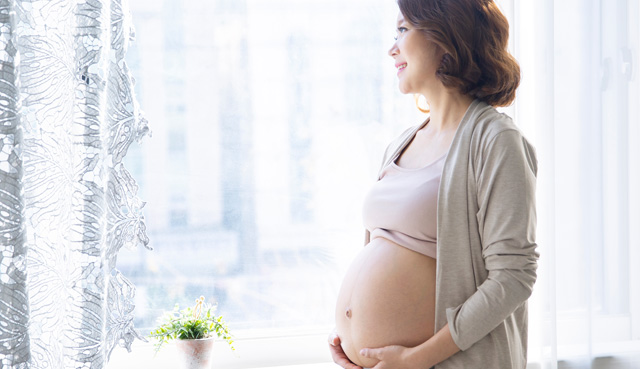Fetuses growing in a quiet, nutrient- and oxygen-rich placenta have higher intelligence quotients.
In short, the intrauterine environment determines 52% of IQ.
- Research team from the University of Pittsburgh in the US
When a significant amount of fine particles accumulates in a pregnant woman's body, it adversely affects a fetus through the umbilical cord (e.g., preterm birth, low birth weight, congenital disabilities, stillbirt)
Maternal anemia can damage fetal brain tissue and nerve metabolism.
What mothers eat, hear, and see impacts their child's intelligence. The most effective prenatal education is to provide an oxygen-rich environment in the uterus.

Regularly injecting fresh oxygen helps minimize the fine particles accumulated in the body.

In the case of pregnant women, since the rate of increase in blood volume is faster than the rate of red blood cell production that carries oxygen, there is a higher risk of ' anemia in pregnancy.' Therefore, it is essential to supply sufficient oxygen.

A pregnant woman’s long exposure to a low-oxygen environment causes her intrauterine hypoxia. Prenatal education is important, and it is crucial to maintain the intrauterine environment through regular oxygen supply.
| Category | Inside a Car (Enclosed Space) | Jjimjilbang (Korean Sauna, Enclosed Space) | Subway during rush hour | Apartment, House, Office | Urban Outdoor | Nearby urban forest |
|---|---|---|---|---|---|---|
| Oxygen Concentration | 18% | 18.50% | 19.40% | 18~20% | 20.50% | 21.20% |
| Sensation | Very stuffy, difficulty breathing | Very stuffy, difficulty breathing | stuffy | stuffy | Not stuffy | Fresh |
| Remarks | Dizziness, chest tightness | Dizziness, chest tightness | Headache | Ventilation needed | Harmful gas | Appropriate oxygen concentration |